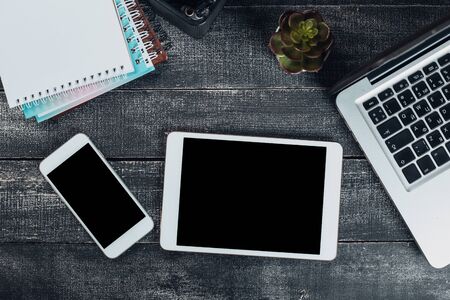Welcome to mynasir.com


Do you use public wifi on your phone? Have you ever received spam emails or messages on your phones?
Our personal devices are not safe from viruses, or getting hacked by anyone also. Around the world 179.9M people are active smartphone users. In personal phones or tablets and handy devices, it is also easy to access the internet for any kind of need. There are 39.9% person are internet users through their smartphones and tablets.
How can you protect smartphones & tablets?
Fleeceware
Fleeceware is the name given to mobile apps that overcharge users for functions or features that are widely available in free or other low-cost alternatives. In fact, they are developed with the sole purpose of doing so.
Don’t download the first app that pops up as a result of a search. It may be at the top position through being sponsored by the developer. Always Be wary of advertisements for apps on social media platforms and send via email or text of viral advertisements for apps. Those for fleeceware will promise many benefits and be made to seem very attractive. Avoid expensive subscriptions. Take two-factor data authentication for device app security.
Your Connectivity
Mobile Apps
Smishing
Spam Messages
Safe Disposal
Public Places
Always ensure that your Wi-Fi password can be secured. Don't use the same password and secure your password with a strong one.
The number of electrical and electronic items in your home that can be monitored and controlled via your Wi-Fi is growing all the time. These range
from security systems and cameras and dimmable lightbulbs to your children’s smart toys. It is even possible to buy a refrigerator that tells you when
you need to stock up on food. These products are normally linked to their own app on your smartphone or tablet.
Check the apps that are associated with your phones and tablets are always kept updated. Make sure that all your computers and mobile devices are
fitted with updated internet security software/app, and also that access to these devices is protected with a pin or passcode.
For many people, apps have become the favorite way to communicate and access the internet through our phones and tablets.
We use them to play games, send messages, check the news and weather, and use maps and navigation services. Increasingly we are also
using them to do our banking. While apps provide a simple and easy means of accessing great content and services, it’s important to be aware
of how to use them safely and securely.
It is possible for some apps to exploit your mobile device once installed. This possibility increases if you install an app from an unknown
source. Ensure to download an app from a reputable source.
Smishing – the commonly-used name for SMS phishing – is an activity that enables criminals to steal victims’ money or identity, or both as a
result of a response to a text message. In common with both phishing, which uses email as an initial approach, and uses phone calls, smashing
uses your mobile phone (either a smartphone or a traditional non-internet connected handset).
Do not click the links unless you are sure that the website is genuine. Take time to respond to their messages. Don't reply the emails that come
from any unsolicited sources. The link that comes up with spamming messages is also the source of viruses in your devices.
Unsolicited texts from people you don’t know are at best annoying, and at worst can contain links to malicious websites designed to steal your
personal details and, ultimately, defraud you. Spam texts trying to persuade you to contact the sender regarding an accident claim, PPI claim,
free holiday or car, a medical remedy or similar are not only tiresome … they are illegal.
Block the numbers immediately if you receive any spamming messages. Don't click any link they provide with a message.
Smartphones and tablets that you no longer need should be disposed of with great care. The data on your device can easily be accessed
whether you sell, scrap, give away, or donate it, and even ‘deleted’ data can be retrieved with relative ease by criminals. Any personal
information stored in your device like, photos, and videos can be accessed by a third party easily if you don't dispose of your device safely.
So, when you dispose of your phones, and tablets always back up your data so that any kind of data can not be retrieved by Third-Party. After
backup up, you dispose of your device safely.
When using or carrying your smartphone or tablet in a public place – whether outdoors or in a cafe, restaurant, or in the office – there can be a
number of risks if you do not take proper care.
You need to take some steps to avoid these issues :
Don’t use open wifi
Careful about using hotspot
Restrict the access of pair device
Keep switch off Bluetooth
Never leave your device unattended
Using privacy filter
Ensure about all the steps then use the public internet on your device.
Transferring Money
We trying to do our transactions through smartphones, and tablet apps. In those apps, we share our transaction details.
You need to take some steps to avoid these issues :
Use strong password
Never use a passcode on devices
Use the protective unlock feature
Log out from all apps
Ensure about all the steps then use the public internet on your device.
Ways of secure your smartphones, tablets and others
Mobile Device Security refers to the measures designed to protect sensitive information stored on and transmitted by laptops, smartphones, tablets, wearables, and other portable devices.
Nasir Uddin
9/11/20234 min read

